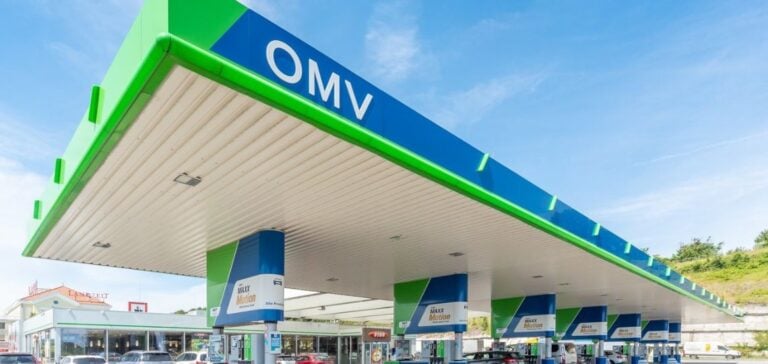OMV, a major player in the Austrian oil and gas sector, announces slightly lower earnings for the second quarter of 2024.
Net profits came to 378 million euros, compared with 380 million euros for the same period last year.
Sales fell by 4% to 8.6 billion euros.
This decline was mainly due to lower gas prices and recent regulations in Romania.
New legislation in Romania, in force since April 2024, has particularly affected margins in OMV’s energy division.
However, the performance of other segments, notably Chemicals, helped to offset these negative effects.
The fertilizer subsidiary Borealis benefited from favorable inventory changes and the positive contribution of its joint ventures.
Diversification and transformation strategies
Despite the current challenges, OMV succeeded in increasing its operating profit excluding extraordinary and inventory effects (CSS) by 4% to €1.2 billion.
CEO Alfred Stern highlights the strength of the Group’s financial results, emphasizing that this performance supports the company’s transformation.
OMV aims to reduce the share of fossil fuels in its revenues, and has recently acquired several photovoltaic projects in Romania.
In addition, OMV is continuing its efforts to diversify its gas supply sources.
These initiatives are essential to respond to criticism of its long-term contracts with Gazprom, which run until 2040.
Reducing dependence on Russian gas
The Austrian government recently set up a commission to study the possibility of withdrawing from contractual commitments with Gazprom.
This move is aimed at reducing Austria’s dependence on Russian gas, which currently accounts for 90% of the country’s imports.
This situation persists more than two years after the start of the conflict in Ukraine, underlining the urgent need to diversify energy sources.
OMV, which is 31.5% owned by the Austrian state, has also reduced its global workforce to around 21,100 employees, down from 37,700 in 2010.
This reduction reflects the company’s ongoing restructuring and operational optimization efforts.
Future prospects
Changes in gas prices, legislation and diversification strategies will continue to influence OMV’s future performance.
The Group’s ability to adapt to these factors will determine its success in an ever-changing global energy landscape.
OMV remains committed to pursuing its transformation and diversification initiatives, aimed at strengthening its resilience and competitiveness in the global energy market.
The second-quarter results demonstrate OMV’s ability to navigate a complex environment, while laying the foundations for a more sustainable future less dependent on fossil fuels.
This transition is crucial to meeting the world’s energy challenges and growing expectations in terms of sustainability.






















